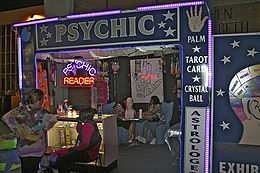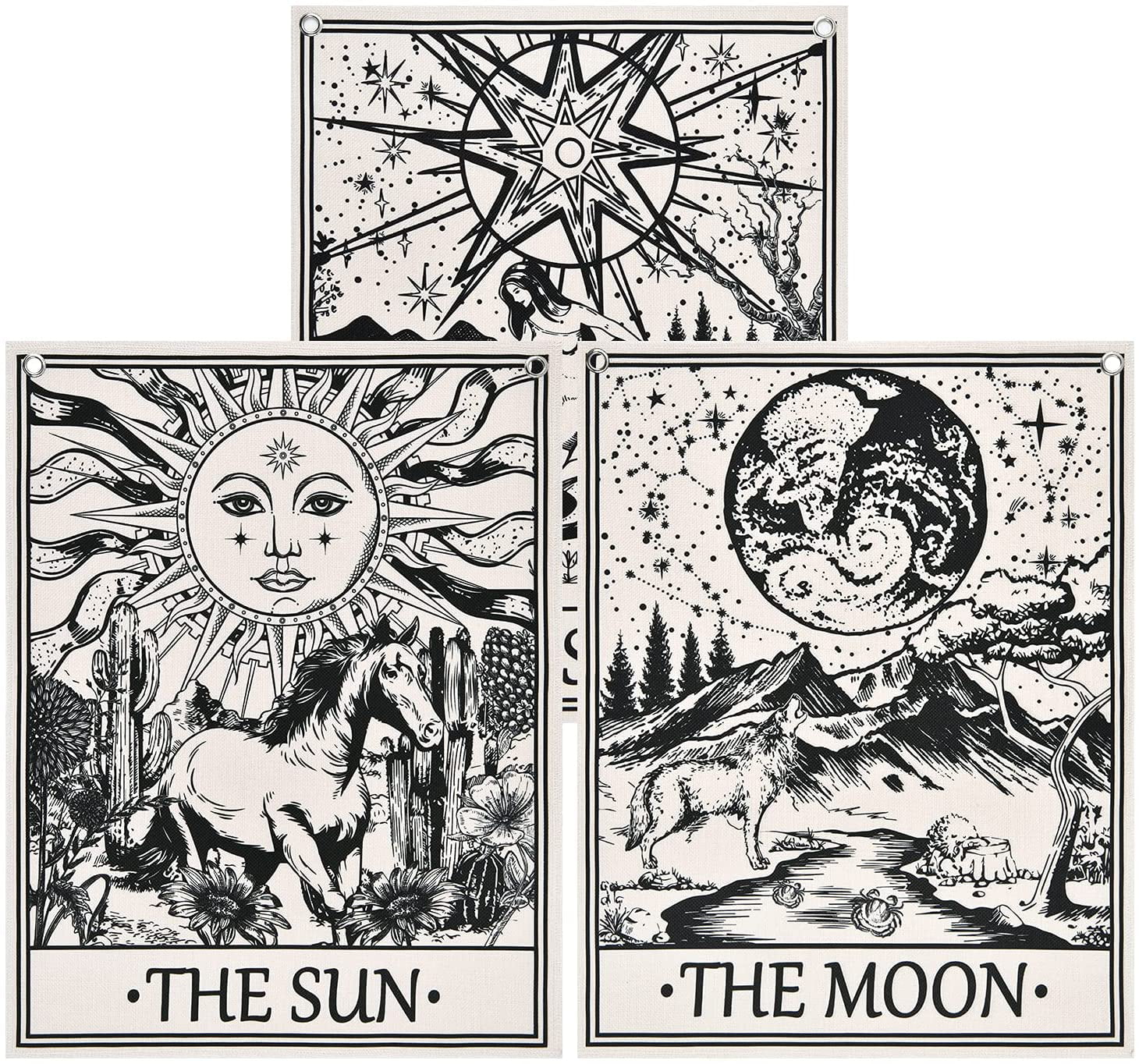
Originally developed as a playing card deck, the Tarot de Marseille is a popular tarot deck that has a unique meaning. It is divided into 22 Major Arcana and 56 Minor Arcana. The Major Arcana are divided into four groups of 14 cards each, which correspond to the four suits of the deck. The Minor Arcana are comprised of ten cards. They speak in the same language as the rest of the deck. This makes their meanings easier to understand.
The Major Arcana is made up of The Magician. The Emperor, The High Priestess. The Chariot. Although these cards are based on well-known concepts, the meanings of these cards can be subjective and personal. The meaning of each card can be understood by a person's intuition. The minor arcana is a set of cards that has more symbolism and detailed scenes. These cards won't press too hard on readers who have an excellent understanding of the meanings of the minor Arcana.
The Tarot de Marseilles deck has twenty-two trump cards. These cards are commonly called Major Figure Cards and are considered separate from trumps. These cards can signify important events in people’s lives. The Fool is also considered a trick, although it isn't usually numbered. It can usually not win a trick. It represents an unnamed person who has gone through a particular period of time.

In the early eighteenth-century, the Marseilles deck was introduced in Piedmont, Sardinia, and northern Italy. It was also introduced to southern France. The Tarot de Marseille was introduced to southern France after the French took control of Piedmont and Milan. The Tarot de Marseille continues to be widely used today for divination purposes.
The Tarot de Marseilles deck relies on the interpretations made by the best masters. These interpretations are made in the oldest literary style. It is also based in the Minor Arcana phablets. These phablets don't have to be illustrated. They are used to interpret esoteric numerology.
The Marseilles deck is also divided into four suits. The Tarot de Marseilles' suits are the Cups. These suits represent many aspects of life, such as strength or creative energy. The Wands stand for ambition and manual activity. The Pentacles and Swords signify money, while the Pentacles symbolise weaponry.
Marseilles deck also has La Papesse, a tarot cards. The card has been controversial ever since the Renaissance. It is said to depict Joan the female Pope, but some have argued that it may be based on a mythical pope.

Twenty-two Major Figure cards are also part of the Tarot de Marseilles deck. These cards are more important than other cards. They are believed to be a guide for the future. They are also thought to be a guide to the future.
FAQ
How do I find a hobby to pursue?
When you first start your journey into finding a hobby, you may feel like you've got nothing to choose from.
You're probably thinking, "I'm not very artistic," or "I'm terrible at sports," or maybe even "I don't know anything."
The truth is that you likely already have a lot experience in your chosen hobby.
It's simply that you haven’t yet realized it.
Take a tour of your house. How many things do you own?
Are there any toys that you don't use anymore?
Perhaps you have a collection.
Perhaps you've always wanted a career in cooking.
Or maybe you'd really like to start playing guitar again.
It doesn't matter what it is, you can probably turn it into a hobby.
It is important to recognize that you already have a lot of experience to draw from.
Once you have done that, you will be able choose a hobby that suits your lifestyle.
What is observation hobby?
Observation hobbies allow you to observe others doing the same thing. You might be interested in watching sports, reading, going on holidays, and so forth. It could also involve observing others.
Observation hobbies are great because they help you learn how to think creatively. This knowledge will be useful later in your work for others and yourself.
If you are passionate about something, you will find it easier to learn about it.
If you're interested in football, for instance, you could watch it or read a book. You could visit or take part in exhibitions if you are interested in learning more about photography.
You can play along with songs online or purchase a guitar if you love music.
You can cook your own meals, or you could go to a restaurant.
You could also grow flowers or vegetables if you enjoy gardening.
If you are a fan of dancing, you can join a class or go out with your friends to learn.
You can paint pictures if your passion is painting.
If you love writing, you might be interested in writing poems and stories.
You could also draw pictures if you enjoy drawing.
If you're passionate about animals you might consider working at a Zoo or looking after their pets.
If you enjoy science, you might consider studying biology, chemistry and physics.
History lovers can watch films, read books or listen to podcasts.
If you enjoy travelling, you might consider exploring your local area or traveling abroad.
How can I get started in my new hobby?
First, decide what type or activity you want to pursue.
After you've decided on your subject, it is important to feel passionate about it.
It is crucial to know why you want to pursue a hobby. This will help you to find your purpose and direction.
Once you've decided what type of hobby you'd like to pursue, you can begin planning.
Think about what equipment you'll need to purchase.
Consider whether you need to attend classes or seminars.
Make sure you have enough space for your hobby.
It might also be worth considering joining a group or club. These groups can offer support and guidance.
The last thing you should do is think about how much money it would cost to pursue your hobby.
Statistics
- Studies show that just six minutes of reading can reduce stress levels by 60 percent. (oberlo.com)
- Almost 80% of people claim to have no hobby. (hobbylark.com)
- 37% Video Games 36% Travel 36% Health and Fitness (quizexpo.com)
- In comparison, men in the “no humor” condition were refused 84.6% of the time and were only accepted 15.4% of the time. (time.com)
- A new survey by Pew Research Center of teens ages 13 to 17 finds that 36% of girls feel tense or nervous about their day every day; 23% of boys say the same. (pewresearch.org)
External Links
How To
How to get started gardening
Gardening is one form of agriculture that dates back to the beginning. It requires patience, persistence and determination. The first step to starting a garden is to pick a spot where you will grow food. This could be on a large piece of land or in your backyard. Next, decide what type of plants you want to grow. Do you prefer flowers over vegetables? Some people love to grow herbs, while others enjoy raising animals like rabbits. Before you decide which crops you will plant, consider the amount of space you have. You might consider growing berries or fruits if you live in a cold climate.
After choosing what you want to plant you need to prepare your soil. Soil is essential in determining whether your plants will thrive or fail. The soil should be rich in organic matter to provide nutrients for your plants' roots. Organic matter includes leaves, twigs (grass clippings), manure, compost, and manure. You need nutrients to your soil after you have prepared it. Depending on the type of plants you plan to grow, you may need different amounts of nitrogen, phosphorus, potassium, calcium, magnesium, boron, zinc, copper, manganese, iron, molybdenum, chlorine, sulfur, sodium, and so on. A fertilizer calculator online can help you determine these values. There are many fertilizers to choose from, so it is important that you are familiar with the product you are using.
After preparing your soil and adding the proper nutrients, you now need to wait until your seeds germinate. This process usually takes anywhere from 2 weeks to 3 months, depending on the weather and the temperature in your area. After seeds have sprouted, water them every day. Too much or too little water can cause problems. Avoid overwatering your plants. Overwatering can lead to root rot and fungal diseases. It is important to remember that plants will need less water in summer than in winter when watering them. Remember that some plants require drying out after being watered. For tomatoes, it is important to keep them moist but dry. They are not happy to be in soggy soil. After plants finish flowering, they need to go dormant. Plants go dormant when they stop producing new growth and instead store energy for next year's harvest. Dormancy is when the plant stops sending signals back to its roots for food production. Plants continue to store energy throughout this period. The plant will eventually die if it is not given enough sunlight or temperatures below freezing.
Living in urban areas may restrict the types of plants you can plant. Concrete sidewalks, roads and buildings are common in urban areas. They block sunlight from reaching the ground. Concrete absorbs light and prevents soil below from getting sufficient sun exposure. Many plants can't survive in urban environments due to lack of sunlight. There are many plants that can survive in urban environments. Many trees, perennials, shrubs, as well as shrubs can be adapted to urban living. In addition, many annuals can be grown indoors in containers. Container gardens can be used to grow greenery indoors year-round, no matter what the weather outside.
Now you're ready to plant.